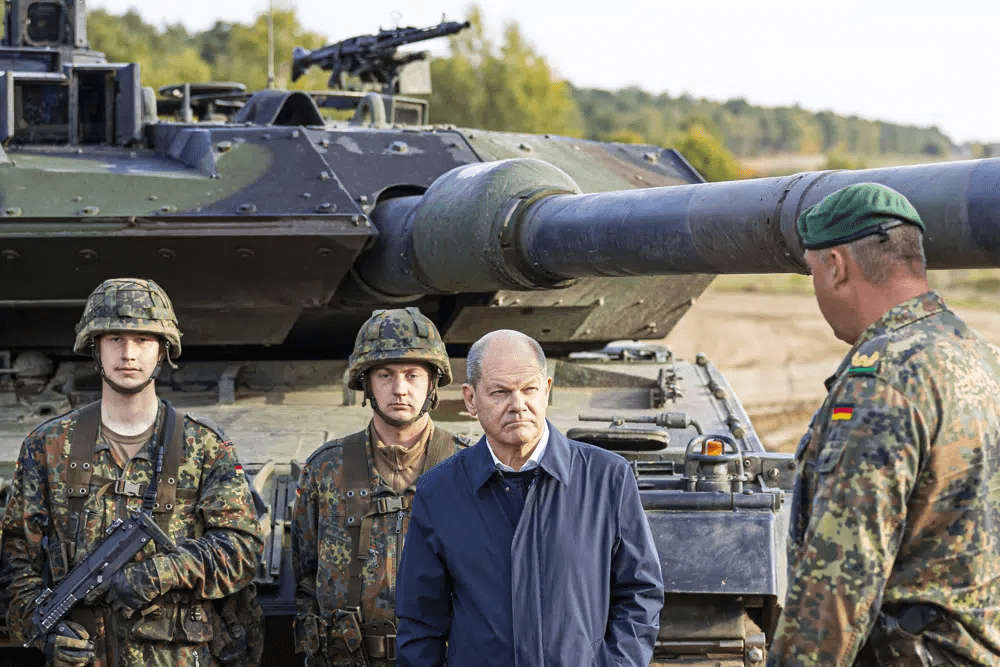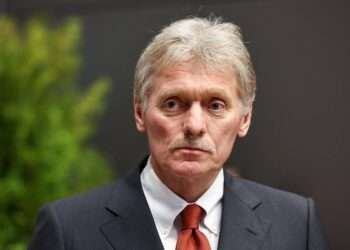The German government has unveiled its first comprehensive national security strategy.
In the policy, Germany stated that Russia remains the biggest security concern “for the foreseeable future” and urged a balanced approach to dealing with China.
The strategy was part of an effort to address what Germany viewed as growing military, economic and social risks to the country.
Chancellor Olaf Scholz claimed that the new policy, which his three-party coalition promised to develop when it assumed office at the end of 2021, has become even more crucial in light of Russia’s aggression on Ukraine.
Scholz averred that it was important to discuss with partners security guarantees for Ukraine, including for a period beyond the war with Russia.

Scholz announced a “turning point” in military spending as a result of Germany’s growing concern over the readiness of its own armed forces as a result of the conflict in Ukraine.
Questions have also been raised regarding Germany’s response to hybrid threats such as disinformation campaigns, cyberattacks, and pressure from powerful nations like China on the economy.
At a news conference in Berlin, alongside four of his top ministers, the German Chancelor said, “Three things are important.” “First, the strength of our democratic institutions. Second, the strength of our economy. And third, the cohesion of our society,” he added.

A 76-page document outlining the strategy includes several references to security threats posed by climate change. These include heightened risk of famine, disease and conflict around the globe, as well as extreme weather events and damage to critical infrastructure in Germany.
Berlin’s general approach was outlined in the document, but did not delve deep into policy specifics, such as foreign policy. Officials intend to draw up more specific strategies at a later stage.
“Today’s Russia is, for the foreseeable future, the greatest threat to peace and security in the Euro-Atlantic area,” it read.
The document also noted that, “We are living in an age of growing multipolarity” in which some countries are “trying to reshape the existing international order according to their view of systematic rivalry.”
Berlin Regards Beijing As “A Partner, Competitor And Systemic Rival”

Additionally, the document noted that it viewed China as “a partner, competitor and systemic rival,” noting that Berlin saw that “elements of rivalry and competition have increased in recent years; at the same time China remains a partner without which many of the most pressing global challenges can’t be solved.”
The German government is drawing up a specific strategy on China. Commenting on when it would be presented, Scholz remarked, “We’ll be ready when we’re ready, but soon.”
The government stated that it will also develop a strategy to improve Germany’s capacity to combat hybrid threats, which would entail enhancing the analytical capabilities of its intelligence services.
The plan to establish a national security council like those in the US and UK, however, was dropped.
Also, the government resisted proposals for Germany’s military spending to exceed the NATO-wide goal of 2% of gross domestic product.




















